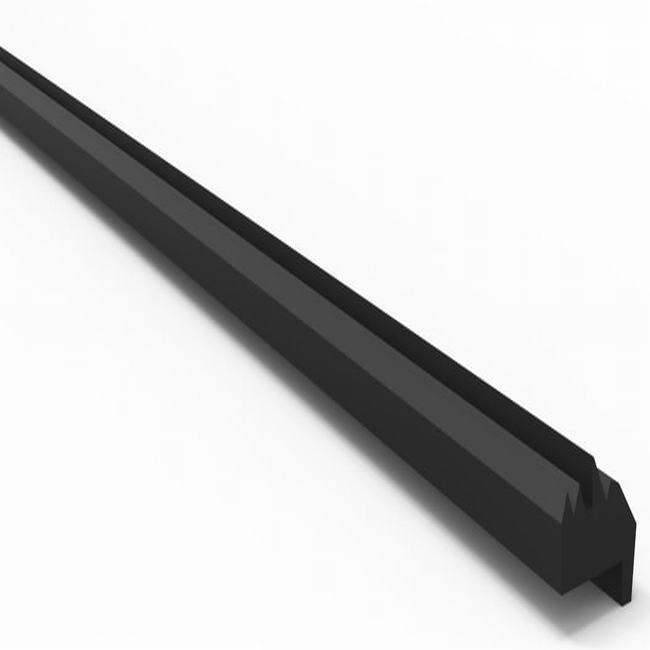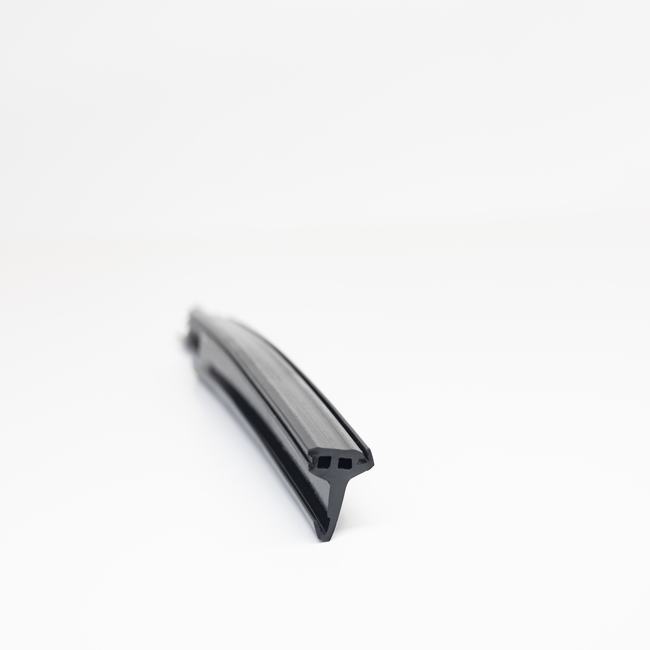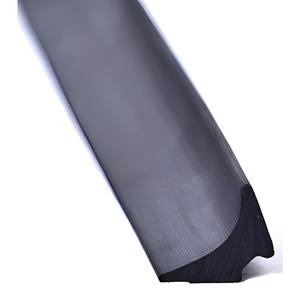Concrete pipe seals, also known as concrete pipe gaskets or concrete pipe joint seals, are specialized components used to create watertight and secure connections in concrete pipe systems. These seals are crucial for various underground and above-ground applications, such as stormwater drainage, sewage systems, culverts, and more. Concrete pipe seals play a significant role in preventing leaks, ensuring structural integrity, and maintaining environmental and public health standards. Here is a comprehensive description of concrete pipe seals:
Components of Concrete Pipe Seals:
- Elastomeric Material: Concrete pipe seals are primarily composed of elastomeric materials, which are flexible and resilient. Common elastomers used for these seals include EPDM (Ethylene Propylene Diene Monomer), Nitrile rubber (Buna-N), and Neoprene rubber. These materials provide excellent sealing properties and resistance to weathering, chemicals, and UV radiation.
- Reinforcement Rings: In some cases, concrete pipe seals may include reinforcement rings made of steel or plastic. These rings are embedded within the elastomeric material to enhance the structural strength and durability of the seal.
Key Characteristics and Benefits of Concrete Pipe Seals:
- Watertight Sealing: The primary function of concrete pipe seals is to create a watertight seal between concrete pipes, manholes, or other concrete structures. This ensures that fluids, such as wastewater or stormwater, remain contained within the system, preventing leaks and contamination.
- Chemical Resistance: Concrete pipe seals are designed to withstand exposure to various chemicals commonly found in sewage and drainage systems. This chemical resistance is essential for the long-term performance of the seals.
- UV and Weather Resistance: Elastomeric materials used in concrete pipe seals are often formulated to resist UV radiation and harsh weather conditions. This makes them suitable for both underground and above-ground applications.
- Flexibility and Compression Set Resistance: Concrete pipe seals are highly flexible and can accommodate movement and settlement in concrete structures. They also exhibit good compression set resistance, meaning they maintain their shape and sealing properties over time.
- Easy Installation: Installing concrete pipe seals typically involves placing the seal within the joint cavity between two concrete pipes or structures. Proper installation ensures an effective and lasting seal.
- Longevity: Concrete pipe seals are known for their durability and long service life. When maintained and replaced as needed, they can provide reliable sealing for many years.
Applications of Concrete Pipe Seals:
- Stormwater Drainage Systems: Concrete pipe seals are widely used in stormwater drainage systems to prevent the infiltration of rainwater or groundwater and ensure efficient drainage.
- Sewage and Wastewater Systems: They play a critical role in sewage and wastewater systems, maintaining a secure seal to prevent leaks or contamination of the surrounding environment.
- Culverts and Manholes: Concrete pipe seals are utilized in culvert systems and manholes, ensuring a tight connection between concrete structures and pipes.
- Irrigation and Agricultural Drainage: In agricultural applications, concrete pipe seals are employed to create sealed connections in irrigation and drainage systems.
- Industrial and Commercial Infrastructure: These seals are also used in various industrial and commercial infrastructure projects, including bridges, tunnels, and retaining walls.
Installation and Maintenance:
Proper installation of concrete pipe seals is essential for their effectiveness. It involves ensuring that the seal is correctly positioned and compressed within the joint cavity. Regular inspections and maintenance are recommended to identify any wear, damage, or deterioration of the seals. Damaged seals should be promptly replaced to maintain the integrity of the pipe system.
In conclusion, concrete pipe seals are vital components in concrete pipe systems used for drainage, sewage, and various infrastructure applications. They provide an essential function by creating watertight seals, preventing leaks, and ensuring the efficient operation of these systems. The choice of elastomeric material and proper installation practices are key factors in the long-term performance and reliability of concrete pipe seals.






